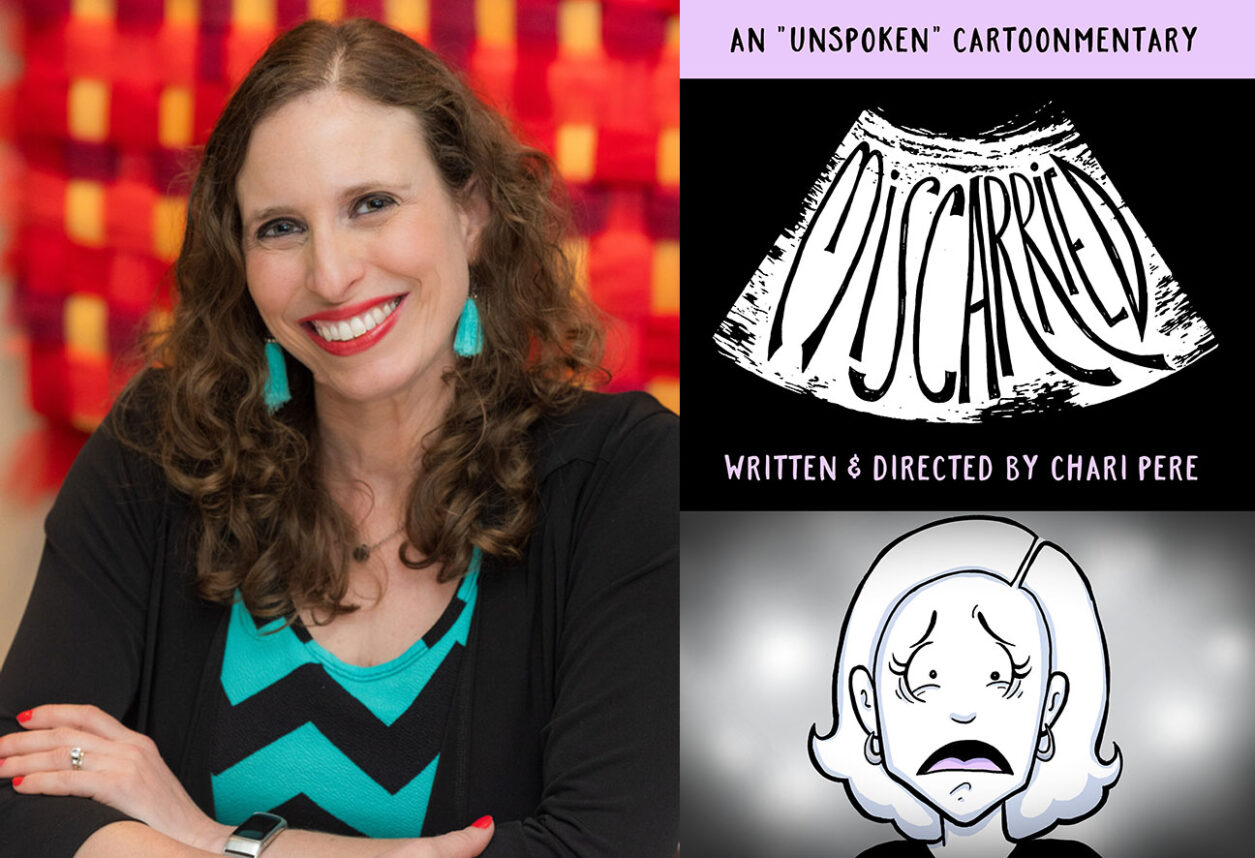Time Management Tips for Tots
Play dates are overrated. By the end of June make sure your mom has signed you up for next year’s after-school activities. That way you can fill every afternoon with the ones you want.
Sleep gets in the way of getting ahead. You must understand this to succeed in high school, and the sooner you get started the better.
Speaking of getting ahead: tutoring is a good thing. Especially if you don’t need it. With tutoring you’ll get into the top classes in middle school, you’ll crunch a bunch of APs in high school, maybe even finish college before your bar mitzvah. Cool!
Handle paper only once. That includes homework paper and books. Don’t spend time thinking about what you’ve read. Find the answers to those pesky homework questions, and move on!
Get your weekend homework done on Friday afternoon. It’s a day without after-school activities, and you need to keep the weekend clear for Little League, dance lessons and skating practice, and still get to important birthday parties.
Cut big assignments into smaller parts. Do individual small parts in the car on the way from school to soccer practice, from soccer to your art class and on the way home.
If your child hasn’t mastered these principles by third grade, sign up for my Time Management for Tots Training Program. (Register now and I’ll send you, free of charge, my pamphlet, “Fifteen Tips on How To Get the Bar Mitzvah Date You Want.”)
I wish my burlesque of growing up in the 2000s, for which both parents and schools are responsible, weren’t so close to the truth. Fortunately, there are signs that many parents increasingly understand that motivation is at least as important as achievement. And schools are beginning to think of social-emotional learning as part of their job as much as promoting high standards of academic achievement.
In a now-famous experiment conducted by Walter Mischel at Stanford University, a group of 4-year-olds were given a marshmallow and promised another, but only if they could wait 20 minutes before eating the first one. Not surprisingly, some of the youngsters managed to delay gratification and received the double reward, while others figured that a marshmallow in the hand was literally worth two later on.
But when a study followed these children through their high school years, it came up with interesting findings. Those who exercised restraint at 4 years old had far more stable lives as young adults. They demonstrated greater resilience in the face of challenges, were more self-reliant and dependable. Truly surprising was the shocking disparity in their SAT scores. The delayers averaged 210 points higher than the less-restrained 4-year-olds who went for the one marshmallow —a disparity that led some commentators to suggest that the ability to delay gratification at age 4 could be a greater indicator of SAT scores than IQ!
This experiment hints at the intimate connection between emotions and thinking. Emotions tell us what we truly care about. Thinking enables us to analyze and compare values. Together they create strategies that help us live as we want. In everyday life we need to collaborate and compete; both demand the ability to comprehend our own feelings and thoughts as well as those of others.
These are the domains of social-emotional learning. In recent years an accumulation of research has validated the critical importance of children developing social and emotional skills alongside academics, and the success of educational strategies in promoting constructive social attitudes.
Schools can play an important role. Programs such as Responsive Classroom provide elementary school teachers with techniques that bring social-emotional learning into school every day. Teachers become sensitive to the language they use and help children develop vocabulary that deepens their social-emotional awareness. Because social-emotional activities can be integrated into the regular curriculum, far from diminishing academic learning, they broaden it. For example, if teachers challenge students to develop and refine their vocabulary for describing emotion, they are working simultaneously on language arts and emotional awareness. When children try to analyze the emotional reactions of the characters in the books they read, or try to figure out just the right word to express a feeling when writing a story, they learn vocabulary and literacy while gaining respect for the inner life. Jewish day schools, which strive to combine educational excellence with training in moral sensitivity and spiritual practices, should find these techniques particularly compelling.
Parents need to strive for balance in their children’s development. Instead of tutoring, kids need time to be with their own imaginations. As Howard Chudacoff explains in his book, “Children at Play: A History” (New York University Press, 2007), the erosion in the amount of children’s playtime “has had unfortunate, if not perilous, consequences” because, he argues, play is one of the ways children learn to assert autonomy. In addition to a reasonable number of after-school activities, children need unstructured time to play with others and play alone (without a TV or computer screen). Together, schools and parents need to concentrate on appropriate goals for individual students, rather than assuming that more is always better.
Of greatest concern is the observation that in striving for academic superiority to prepare students for the future, parents too often ignore the lifelong importance of motivation. The joy and discipline of learning are twin goals. Learning can be hard work. But learning should ultimately be satisfying — and sometimes even fun. A push only to excel blunts the edge of children’s excitement at figuring things out on their own and undermines the enduring motivation that develops when kids achieve because they’ve tried and succeeded on their own.
Jews didn’t become the people of the book because they got private tutoring. Rather, they were motivated by love of Torah, construed broadly to mean the acquisition of knowledge and understanding of all of God’s creation.
Rabbi Laurence Scheindlin is headmaster of Sinai Akiba Academy in Los Angeles and president of the Solomon Schechter Day School Association.





















 More news and opinions than at a Shabbat dinner, right in your inbox.
More news and opinions than at a Shabbat dinner, right in your inbox.